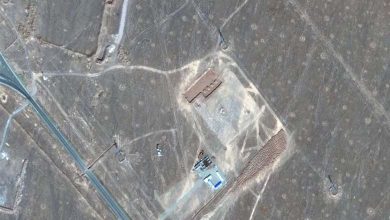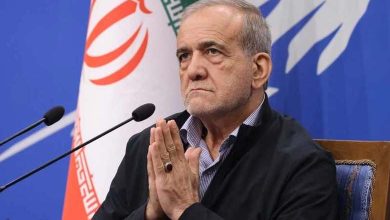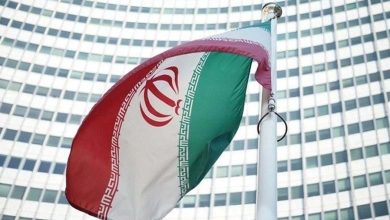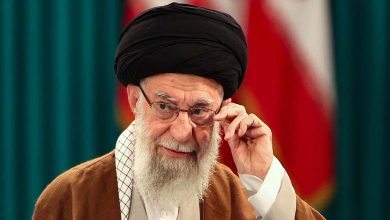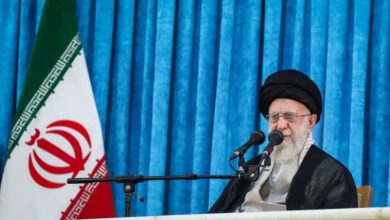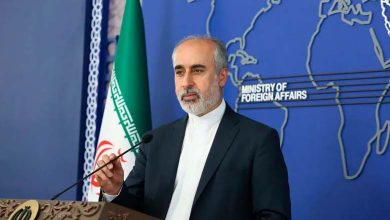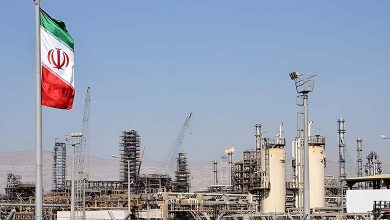Elections That Don’t Work
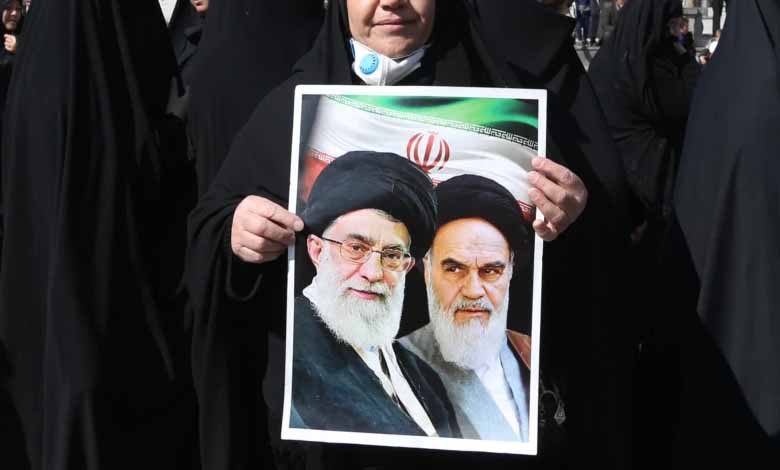
Iranians know there is no real value in the presidential election on June 18.
For this reason, turnout is likely to fall below 50%. With the exception of falsifying numbers, which is common in all systems that fear for their “image”, recent polls themselves indicate low levels.
Iran’s ”East” newspaper, for example, said in a report published last month that “various opinion polls indicate that more than half of voters do not want to participate in the voting process”.
The issue is not that the competition between two “reformist” and “hard-line” currents is merely a fake contest of two fictitious currents, not because the seven candidates came out under the cloak of the juristic guardian, through the “Guardian Council” that is entirely subject to his own will and preferences, but because the position of president himself is useless. He is just an administrative officer with no authority or influence over IRGC commanders and their ilk.
Article 126 of Iran’s constitution defines the president’s responsibilities as being “directly responsible for the planning, budget, administrative, and employment of the country and may be delegated to someone else to manage it” only, meaning that he is merely a bureaucrat with no power to make political, security, or strategic decisions. All these powers are constitutionally vested in the Supreme Leader, a position that the constitution does not hesitate to describe as the “absolute Crown Prince”. Article 57 of the Constitution states that “the governing authorities of the Islamic Republic of Iran” are: the legislature, the executive, and the judiciary, exercising their powers under the supervision of the absolute monarch and the Imam of the Nation.” Apart from being the commander-in-chief of the armed forces and of all the various military and security formations, he is the one who determines public policies and means of implementing them.
On this basis, if any elections are to be meaningful, they must be for the position of the juristic guardian himself, but the appointment of a “jurist guardian” is subject to the authority of a council called the Assembly of Experts of Leadership, which is composed of 88 clergy members, elected once every 8 years, and nominated by the Guardian Council. This means that the whole circle is still turning, like the pool, by the hand of the loyal jurist, for himself and his successors.
Everyone knows that it was not the incumbent President Hassan Rohani who was deciding on the conduct of the developments in the nuclear file, nor who was deciding on the breaches of the obligations set out therein. It is not the person who is leading negotiations with the relevant international powers on this issue. It does not control the country’s public resources or the means of spending the revenues it receives. He is not the one who moves the militias inside and outside Iran, nor is he the one who decides when to bomb the positions of the American forces in Iraq, or who is assassinated there by the activists of the Popular Movement, nor is he the one who decides when the Houthi group will attack Saudi Arabia, and all he has to do is to implement what is required of him to market policies that he is not the one making them, and to patch up violations and crimes that are sanctioned by a decision issued by other parties.
Although, from an administrative point of view, organs under the authority of the President and some of his Ministries carry out acts of a terrorist nature, such as the crime that Asadollah Asadi sought to carry out in 2018 against an Iranian opposition conference in a Paris suburb, the decision on the matter came from the owner of the same decision-making authority who controls everything. All that remains for its “bureaucratic” employees is to cover up, market and justify the crime, or find a way out for the crises that might arise.
The question is : What really is the need for a “boss” to play a false witness?
Despite all the “headaches” that some Western media organizations like to crack people’s heads with (until in Yaacov’s soul), the existence of “conflicts” between a “reformist” and a “hardliner”, even if this is a “game of musical chairs” to exchange roles and practice deception, the facts embodied by the presidency of “reformist” Hassan Rohani prove to be “conflicts” and delusions, at least because the “absolute guardian” has remained the same. One time this brings, another brings that, to maneuver different faces, to do the same.
Iranians now know, after all they’ve been through, who’s the winner this time too. They wonder : What is the justification for going to the ballot boxes?


